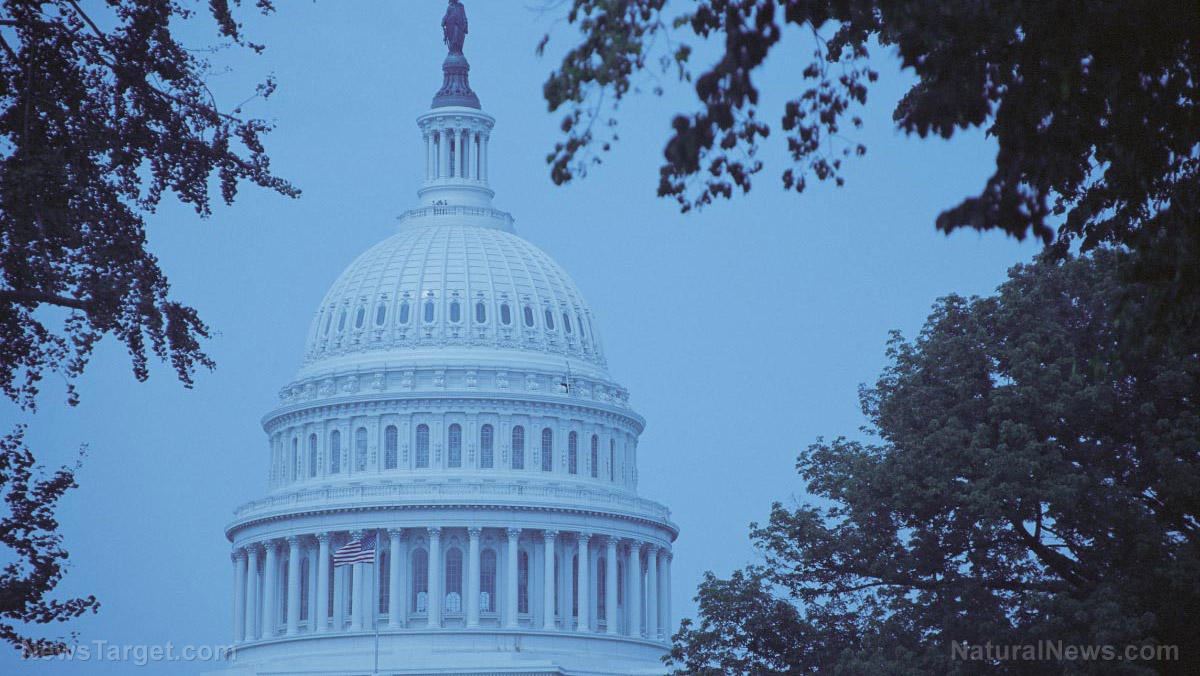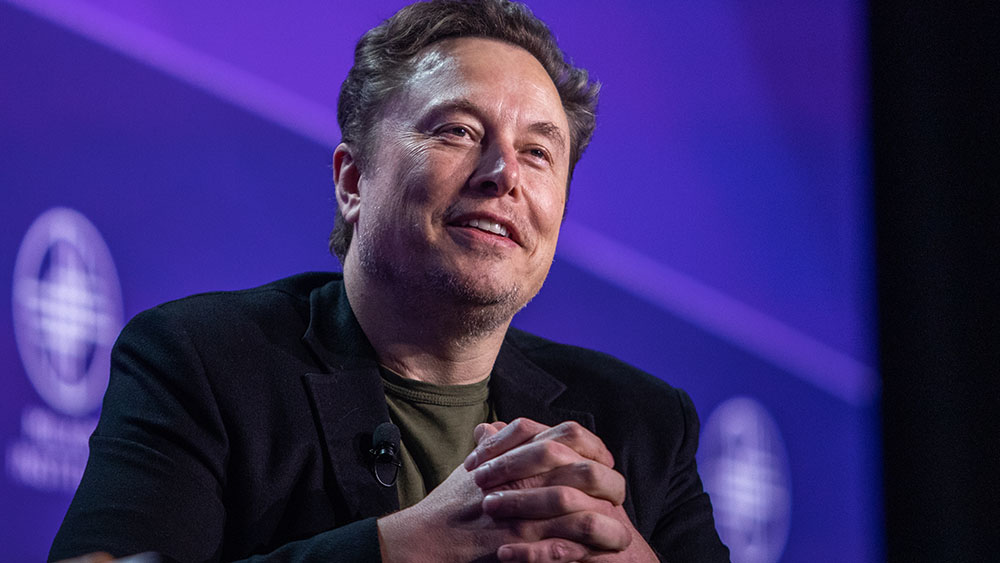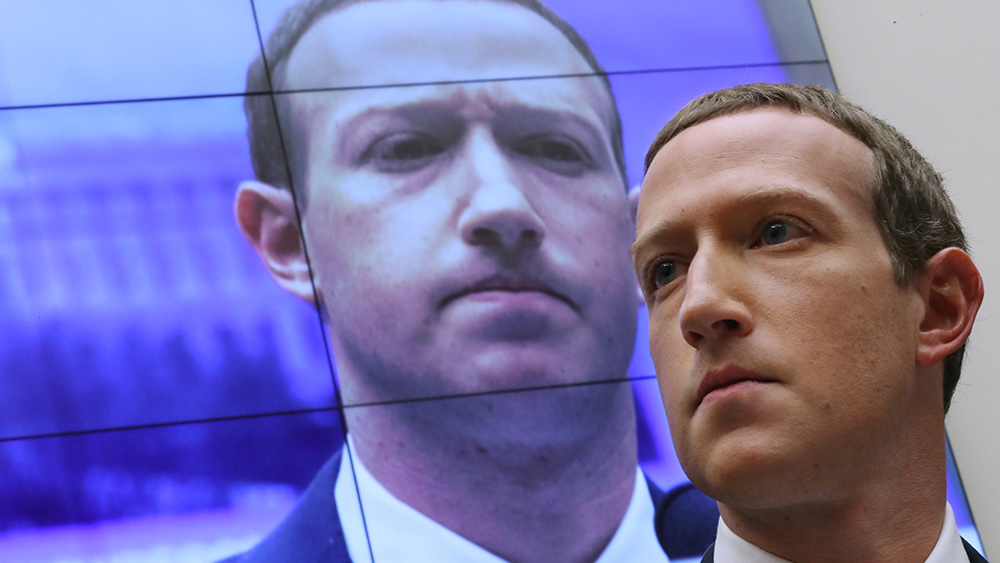 Parler
Parler Gab
Gab
- Elon Musk has led a consortium of investors in a $97.4 billion bid to take control of OpenAI, the nonprofit behind ChatGPT, in a dramatic escalation of his feud with OpenAI CEO Sam Altman.
- The bid is seen as a clash of visions for the future of AI, with Musk accusing Altman of betraying OpenAI's original mission and Altman dismissing Musk's tactics as an attempt to "weaken us because we are making great progress."
- The rift between Musk and Altman dates back to 2019, when Musk left OpenAI and Altman took the helm as CEO, creating a for-profit subsidiary to raise capital from investors like Microsoft.
- Musk's bid raises questions about the valuation of OpenAI's nonprofit assets and could derail the $500 billion AI infrastructure project dubbed "Stargate," which Altman announced alongside President Donald Trump.
- The outcome of the battle could have far-reaching implications for the future of AI and for humanity, shaping the course of technological progress for decades to come.
The roots of the rift
The tension between Musk and Altman traces back to 2019, when Musk left OpenAI and Altman took the helm as CEO. That same year, OpenAI created a for-profit subsidiary to raise capital from investors like Microsoft, a move Musk has since criticized as a betrayal of the organization’s nonprofit ethos. Musk has filed multiple lawsuits against OpenAI, accusing it of colluding with Microsoft to dominate AI development and undervaluing its charitable assets in the transition to a for-profit model. Musk’s $97.4 billion bid is backed by his own AI company, xAI, as well as a coalition of investors including Valor Equity Partners, Baron Capital and Hollywood mogul Ari Emanuel. If successful, the deal could result in a merger between xAI and OpenAI, giving Musk a controlling stake in one of the most influential AI companies in the world. But the bid also raises thorny questions about the valuation of OpenAI’s nonprofit assets. Musk’s legal team has urged the attorneys general of California and Delaware to open bidding for the company to ensure a fair market value. “If Sam Altman and the present OpenAI Inc. board of directors are intent on becoming a fully for-profit corporation, it is vital that the charity be fairly compensated for what its leadership is taking away from it: control over the most transformative technology of our time,” Toberoff said.The stargate controversy
The timing of Musk’s bid is no coincidence. It comes just weeks after Altman appeared alongside newly inaugurated President Donald Trump to announce the Stargate project, a $500 billion initiative to build U.S. data centers and bolster the nation’s AI infrastructure. Musk, who was notably absent from the announcement, took to X to lambast the plan, claiming its backers lacked the necessary funds and calling Altman “a swindler.” Stargate represents a cornerstone of Altman’s vision for OpenAI’s future, but Musk’s bid has cast a shadow of uncertainty over the project. OpenAI is already facing opposition from rival Meta Platforms, which sent a letter to California’s attorney general in December expressing concerns about the nonprofit’s conversion to a for-profit entity. Meanwhile, negotiations with Microsoft and other stakeholders over equity allocation remain unresolved.A battle for the future of AI
The stakes in this battle could not be higher. OpenAI is at the forefront of the AI revolution, with its ChatGPT technology transforming industries and reshaping the way we interact with machines. The company’s latest funding round in October valued it at 157 billion, and it is in talks to raise up to 40 billion in new funding at a $300 billion valuation, led by Japanese conglomerate SoftBank. But as OpenAI’s valuation soars, so do concerns about its direction. Musk’s bid is a reminder of the organization’s original mission: to develop AI for the benefit of humanity, not for profit. His push to return OpenAI to its open-source roots resonates with critics who fear the unchecked commercialization of AI could lead to ethical lapses and existential risks. Altman, on the other hand, argues that the transition to a for-profit model is necessary to secure the capital needed to develop cutting-edge AI technologies. “Our structure ensures that no individual can take control of OpenAI,” he told employees. “These are tactics to try and weaken us because we are making great progress.”Why this matters
The outcome of this battle will have far-reaching implications for the future of AI — and for humanity. If Musk succeeds, OpenAI could return to its nonprofit roots, prioritizing safety and open-source development over profit. But if Altman prevails, the company could become a dominant force in the AI industry, with the resources to shape the technology’s trajectory for decades to come. As the world watches this high-stakes drama unfold, one thing is clear: the future of AI hangs in the balance. Whether OpenAI remains a nonprofit or becomes a for-profit powerhouse, the decisions made today will shape the course of technological progress—and the fate of humanity—for generations to come. Sources include: ZeroHedge.com WallStreetJournal.com Reuters.comThe path to digital ID mandates: How social media regulation could reshape online privacy
By Willow Tohi // Share
DOGE saves taxpayers $55 billion in under a month, exposing Biden-era waste
By Cassie B. // Share
Elon Musk’s xAI unleashes Grok 3: The smartest AI on Earth?
By Willow Tohi // Share
ORCHESTRATED CENSORSHIP: $2.4 million in U.S. government fund to Poynter Institute raises alarms
By Willow Tohi // Share
Governments continue to obscure COVID-19 vaccine data amid rising concerns over excess deaths
By patricklewis // Share
Tech giant Microsoft backs EXTINCTION with its support of carbon capture programs
By ramontomeydw // Share
Germany to resume arms exports to Israel despite repeated ceasefire violations
By isabelle // Share










